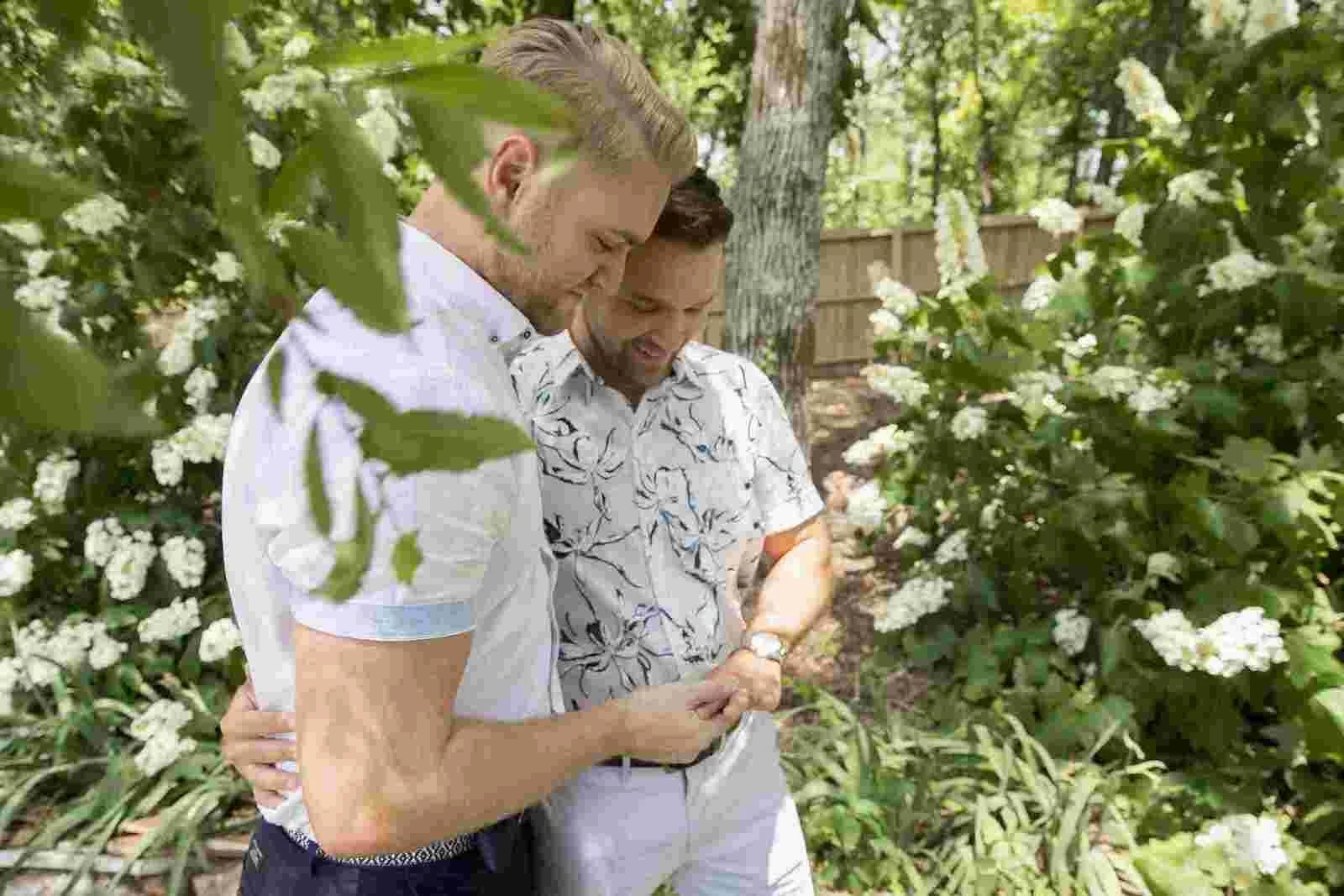5 Reasons Men are Guarded in Relationships from an Online Therapist in Arizona
Why are men guarded in relationships?
There are several factors that can prevent men from feeling comfortable being vulnerable in relationships. These factors are often rooted in societal expectations, upbringing, and personal experiences. are several factors that can prevent men from feeling comfortable being vulnerable in relationships. These factors are often rooted in societal expectations, upbringing, and personal experiences.
1. Social Expectations:
Many men are raised with the societal expectation that they should be tough, stoic, and self-reliant. This can lead to the belief that showing vulnerability is a sign of weakness, which can be particularly challenging in the context of intimate relationships.
2. Fear of Judgment:
Men may fear being judged by their partner or others if they express vulnerability. They may worry that showing their emotions or insecurities could lead to a loss of respect or affection.
3. Past Experiences:
Previous experiences of rejection, humiliation, or emotional pain can make men hesitant to open up in future relationships. Traumatic experiences may lead to a fear of being hurt again, causing them to close off emotionally.
4. Communication Style:
Some men are simply not accustomed to expressing their emotions verbally. They may struggle to find the right words to articulate their feelings, leading them to avoid vulnerability as a form of self-protection.
5. Perceived Gender Roles:
In some cases, men may feel pressure to conform to traditional gender roles, which discourage emotional expression and vulnerability. This can create internal conflicts when they long to be open with their partner but feel constrained by societal expectations.
Supporting men in overcoming these barriers to vulnerability involves creating a safe and non-judgmental space for them to express themselves. Encouraging open communication, demonstrating empathy, and providing reassurance can all help foster an environment where men feel comfortable being vulnerable in their relationships.
How to Support a Man Who Is Being Vulnerable
Supporting a man who is being vulnerable is crucial for fostering emotional intimacy and trust. Here are some steps to effectively support a man who opens up:
1. Listen Without Judgment
When a man expresses vulnerability, it's essential to listen without interrupting or passing judgment. Offer your full attention and provide a safe space for him to share his thoughts and feelings.
2. Validate His Feelings
Acknowledge his emotions and let him know that it's okay to feel the way he does. Avoid dismissing or minimizing his feelings, and instead, validate his experiences.
3. Encourage Open Communication
Express your appreciation for his openness and encourage further communication. Let him know that you are there to listen and support him whenever he needs it.
4. Avoid Offering Immediate Solutions
Resist the urge to jump in with solutions or advice. Instead, focus on understanding his perspective and showing empathy towards his experiences.
5. Show Empathy
Empathize with his feelings and experiences. Reflect on your own emotions to better understand his state of mind and provide genuine support.
6. Respect His Boundaries
Be mindful of his boundaries and avoid pressuring him to share more than he's comfortable with. Respect his pace and comfort levels as he opens up.
7. Express Gratitude
Acknowledge the trust he's placed in you and express gratitude for his willingness to be vulnerable. Let him know that you value his openness and that it has strengthened your connection.
8. Check-In Periodically
Follow up with him periodically to see how he's doing. Let him know that you're there for ongoing support and that his vulnerability hasn't changed your view of him.
By following these steps, you can create a supportive environment that encourages emotional openness and strengthens the bond between you and the man who is being vulnerable. Connect with me if you are looking for relationship therapy and help communicating with your partner.




